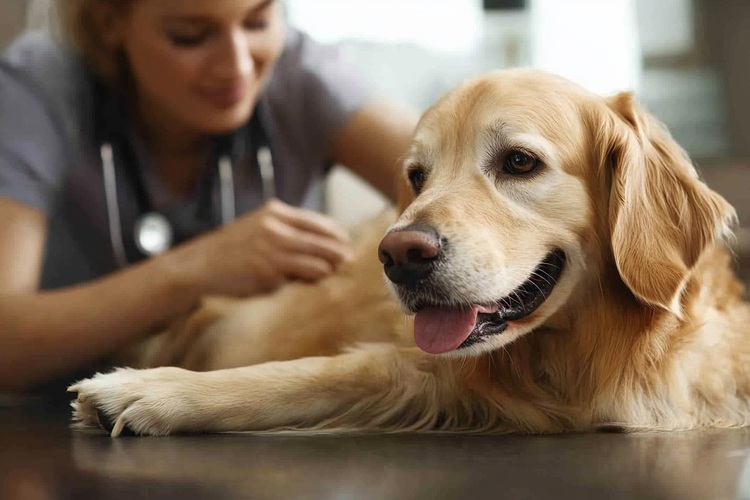Veterinarian Services for Pets: Care for Dogs, Cats, and Animals
Choosing a veterinarian is a key part of responsible pet ownership. Veterinarian services cover routine wellness, diagnostics, emergency care, surgery, and behavioral support for a wide range of animals. Understanding what clinics offer, how preventive care works, and what to expect in emergencies helps owners make informed decisions for dogs, cats, and other companion animals.

This article is for informational purposes only and should not be considered medical advice. Please consult a qualified healthcare professional for personalized guidance and treatment.
What services do veterinary clinics provide for pets?
Veterinary clinics typically offer a mix of preventive and medical services. Preventive care includes vaccinations, parasite control, dental checks, and wellness exams tailored to species and life stage. Diagnostic services often include blood work, imaging (X-rays, ultrasound), and laboratory testing. Many clinics provide soft-tissue and orthopedic surgery, dental procedures, and grooming or boarding partnerships. For chronic conditions like diabetes or arthritis, veterinarians create long-term care plans that combine medication, diet, and monitoring.
How does veterinary care differ for dogs and cats?
Dogs and cats have overlapping health needs but also species-specific concerns. Dogs often require heartworm prevention, breed-specific screenings, and socialization/behavior counseling, while cats need regular dental care, indoor-habitat guidance, and monitoring for common feline conditions like kidney disease or hyperthyroidism. Medication dosages, nutritional needs, and vaccination schedules differ, so veterinarians tailor recommendations. Understanding these differences helps owners provide appropriate at-home care and seek timely veterinary attention.
What preventive care should pet owners prioritize for animals?
Preventive care is the foundation of long-term animal health. Core elements include annual or biannual wellness exams, age-appropriate vaccinations, flea/tick and internal parasite prevention, dental hygiene, and nutritional counseling. Weight management and exercise plans help prevent obesity-related problems. For aging pets, more frequent checkups and screenings (blood panels, urinalysis) can detect emerging issues early. Preventive measures are generally less invasive and less expensive than treating advanced disease, and they also improve quality of life.
How do emergency and specialty veterinary services work?
Emergency veterinary care handles urgent threats such as trauma, poisoning, severe allergic reactions, or acute breathing issues. Many areas have dedicated emergency clinics open outside normal hours and specialty centers staffed by board-certified surgeons, internists, cardiologists, and oncologists. Referrals from a primary veterinarian direct patients to a specialist when advanced diagnostics or treatments are needed. Emergency and specialty care can be time-sensitive and may involve higher costs due to advanced equipment and extended staffing.
How to find local services and choose a veterinarian
When evaluating local services, consider clinic hours, range of services (wellness, surgery, diagnostics), staff qualifications, and how emergencies are handled. Ask about appointment availability, communication methods (phone, email, telemedicine), and whether the clinic provides written care plans. Reviews and word-of-mouth can help, but also visit clinics to assess cleanliness and how staff interact with animals. For complex conditions, verify access to specialists or referral networks. Pet owners should also check that the clinic maintains current licensing and follows regional regulations for animal care.
| Provider Name | Services Offered | Key Features/Benefits |
|---|---|---|
| Banfield Pet Hospital | Preventive care, wellness plans, dental, diagnostics, in-clinic surgery | Network of general practice clinics in pet retail settings; wellness plans for routine care |
| VCA Animal Hospitals | Emergency care, specialty services, diagnostics, surgery, wellness | Large hospital network with emergency and specialty hospitals and extended hours |
| BluePearl Veterinary Partners | Emergency, specialty, critical care, oncology, cardiology | Focus on advanced specialty medicine and 24/7 emergency care |
| ASPCA (veterinary programs) | Spay/neuter, community clinics, behavioral resources | Nonprofit programs focused on public outreach, affordable community services |
Conclusion
Veterinarian services cover a broad range of needs from routine preventive care to emergency and specialty treatments for dogs, cats, and other companion animals. Building a relationship with a primary veterinarian helps manage wellness, chronic conditions, and referrals when advanced care is required. Understanding available services and how clinics operate in your area enables better planning and supports an animal’s health across its life stages.






